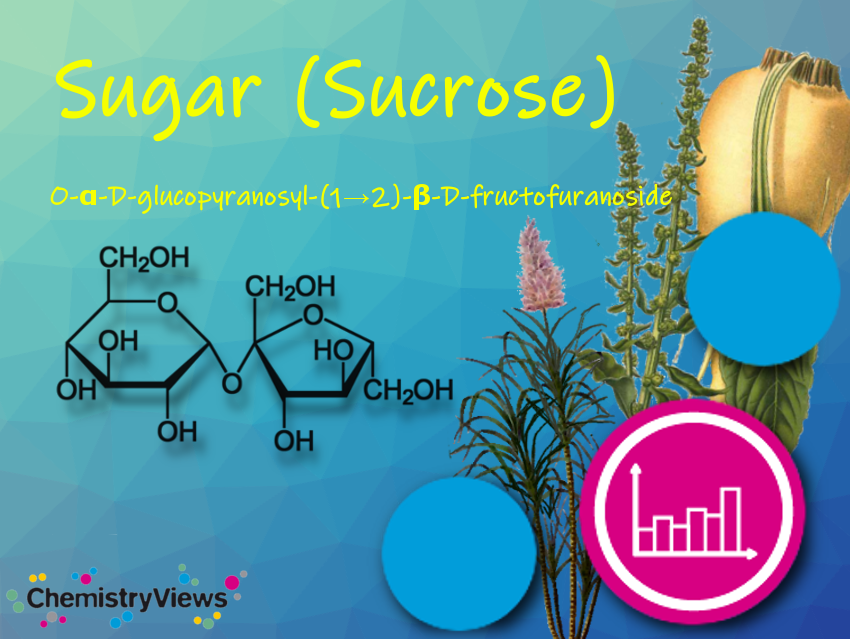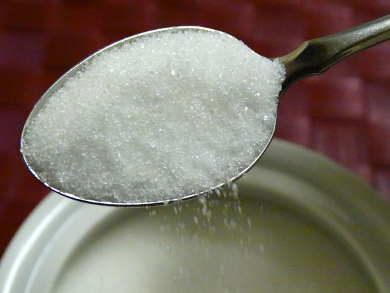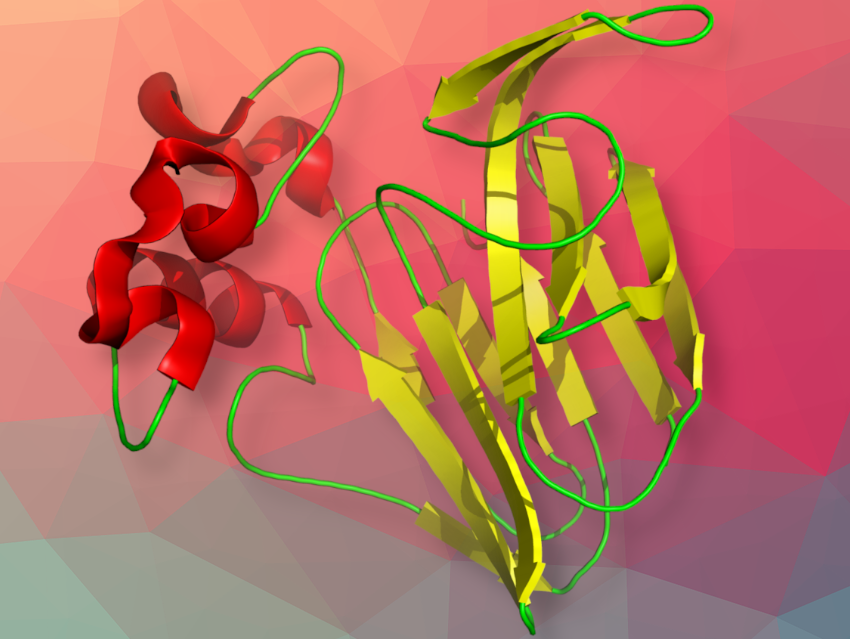Thaumatin is a sweet-tasting protein from the African plant Thaumatococcus daniellii, first isolated in 1972, and is 1600 times sweeter than sugar by weight. Used as a sugar substitute in foods and drinks, it’s generally recognized as safe, but the peptides produced during digestion haven’t been studied for their taste or effects on stomach function.
Veronika Somoza, Technical University of Munich, Freising, Germany, and University of Vienna, Austria, and colleagues have shown for the first time that during the digestion of the natural sweetener thaumatin, peptides are produced in the stomach that can stimulate acid release in human stomach cells and influence inflammatory responses in a cellular test system.
The team established a human stomach cell line (HGT-1 cells) as a test system to investigate how bitter-tasting food ingredients affect the metabolism of stomach cells and overall health. They previously demonstrated that certain bitter compounds, interacting with stomach-specific bitter receptors, stimulate proton release and acid production in the cells. In an earlier study, the team showed that gastric digestion of the non-bitter tasting milk protein casein can release bitter peptides that stimulated acid secretion in stomach cells through the TAS2R16 and TAS2R38 receptors. These receptors also help control inflammation by reducing the release of pro-inflammatory signals from immune cells.
Using studies on pigs, in vitro experiments, and taste tests, the team first identified three bitter peptides that are produced during the digestion of thaumatin in the stomach. These bitter peptides stimulated proton release from HGT-1 cells in very low concentrations.
The team then examined how the test system’s stomach cells responded to the addition of Helicobacter pylori proteins. This bacterium cause inflammatory stomach diseases, including stomach cancer, and approximately half of the world’s population is infected with this pathogen. Unlike many other bacteria, H. pylori can survive in the extremely acidic environment of the stomach. To protect itself from the human immune system, H. pylori has developed specific adaptations to be able to settle in the gastric mucosa. One of them is aimed at resisting the low pH in the stomach by producing the enzyme urease. This enzyme catalyzes the breakdown of urea into CO2 and ammonia, neutralizing gastric acid.
According to the team’s findings, H. pylori proteins induce an increased release of the inflammatory cytokine interleukin 17A in the test cells. By adding each of the identified bitter peptides, the team was able to reduce the induced interleukin release from stomach cells by up to 89.7 %. The stomach-specific bitter taste receptor TAS2R16 was involved in both the anti-inflammatory effect and the effect on proton release.
The researchers note that the peptide concentrations tested in their study are realistic levels that can be achieved in the stomach after consuming a commercial sweetener tablet containing thaumatin. Therefore, their results suggest that the anti-inflammatory potential of thaumatin, its bitter digestion products, and the functions of endogenous bitter receptors, warrant further investigation. Their goal is to better understand the molecular mechanisms behind diet-related inflammatory stomach diseases.
- Gastric digestion of the sweet-tasting plant protein thaumatin releases bitter peptides that reduce H. pylori induced pro-inflammatory IL-17A release via the TAS2R16 bitter taste receptor,
Phil Richter, Karin Sebald, Konrad Fischer, Angelika Schnieke, Malek Jlilati, Verena Mittermeier-Klessinger, Veronika Somoza,
Food Chemistry 2024.
https://doi.org/10.1016/j.foodchem.2024.139157
Also of Interest

In the quiz, we take a closer look at the chemistry of the sugary world

We all love sugar, but what is it chemically and since when do we know sugar?

The invention of the first artificial sweetener and a lifetime battle for credit





